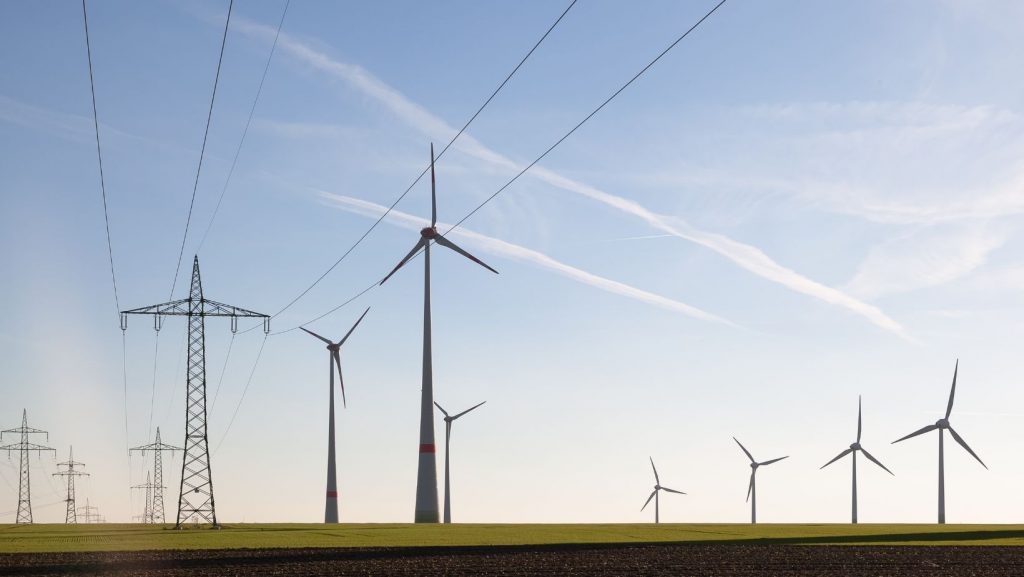As seen in the Wisconsin State Journal
We may hardly notice the delivery of fossil fuels until disaster strikes.
A gasoline tanker overturned in Pennsylvania in November. A pipeline spilled 600,000 gallons of oil in Kansas in December. A freight train carrying coal derailed in Nebraska in February.
These events put people in danger, prompted evacuations and contaminated farmland, pastures and waterways.
But a transition to clean energy in Wisconsin can help eliminate these threats.
The good news is that about 100 solar and 100 wind projects are waiting for approval to connect to Wisconsin’s electricity grid. The bad news is that many of these projects will not be built, largely because our state doesn’t have enough transmission lines. These power lines are necessary to bring clean electricity to our homes, schools, farms and businesses.
It’s time to trade dangerous fossil-fuel infrastructure for clean energy system that benefits everyone.
Iowa and Montana produce more electricity from wind than is needed to serve local residents. Meanwhile, Wisconsin energy prices are high, and we burn lots of coal to meet electricity demand. More transmission lines connecting us to better renewable energy resources will be good for consumers and the environment. It will lower utility bills and clean up our electricity grid.
Wisconsin spends about $14 billion a year to import fossil fuels. Generating and transporting solar and wind energy would be cleaner and cheaper. When producing electricity, wind and solar farms don’t contribute to climate change the way oil and gas do. Nor do they pollute the air, water, rivers and natural lands.
A couple of key transmission lines in central and western Wisconsin have been identified by the grid operator as necessary for our changing energy system. This includes a future line from Columbia County north to Portage County and west into Minnesota. Every dollar spent building these lines will provide $2.60 in environmental and economic benefits, according to the grid operator. These lines will decrease the risk of blackouts. They will lower carbon emissions and provide cheaper electricity.

We need many solutions to address the climate crisis: energy efficiency, rooftop solar panels, large-scale renewable energy projects and transmission lines. Working together, these energy choices can ensure that when we turn on the lights, we also will be supporting a healthy earth for future generations.
We will soon see more transmission lines proposed to the Public Service Commission of Wisconsin. These lines are an opportunity for Wisconsin not just to move forward in our clean energy goals, but to finally end the long list of environmental harms that fossil fuel transportation brings.

